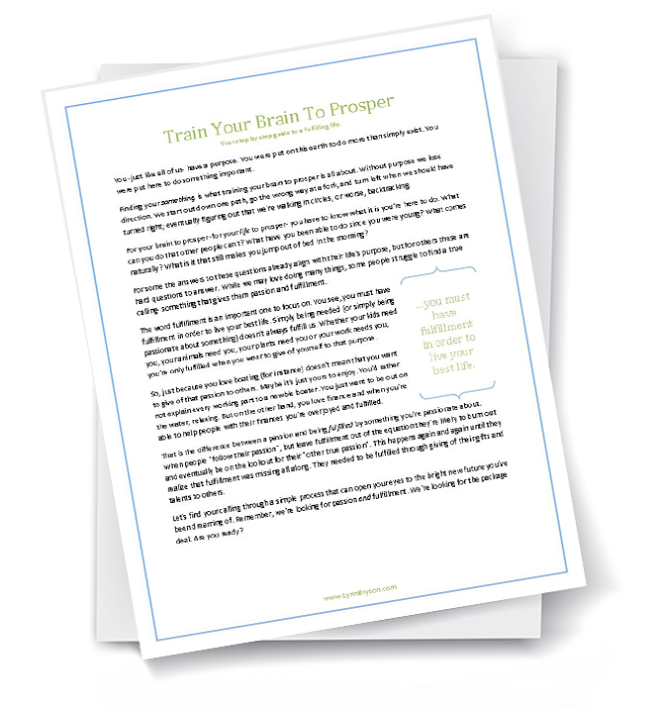Most people would say love is what means the most to them. Unfortunately, without realizing it, stress can get in the way and place undue strain on love.
Studies have shown that relationships do indeed suffer when one or more people are affected by external stress. The effect is like a bleeding of stressors from other areas of life into how you interact with your partner.
Stress undermines support
The natural response to stress is fight or flight, to protect ourselves from the negative feelings we associate with it. Both responses can bring a relationship undone.
In fact, studies show that a stressed person is likely to provide far less support to their partner. This manifests in the physical aspects of the relationship as well as emotional. For example, when you’re stressed you may hug and kiss your partner less.
Feeling unsupported makes your partner feel alone. They start to feel unsatisfied in the relationship or even unloved.
In a situation where both partners are stressed, they forgot how to be responsive to the other’s needs. This is a great risk to the relationship because they will continue to withdraw from the other, even to breaking point.
Stress brings negativity to the relationship
If you’re overly stressed, you tend to run a cycle of negative thoughts through your mind. If you’re in this mindset and your partner speaks to you, how well are you likely to respond? It’s important not to respond to your partner negatively because of something unrelated to them.
Stress impacts the senses
Things that used to smell or feel good to you, might not while you’re feeling overwhelmed. This can mean you are subconsciously less attracted to your partner.
Even your intuition can be affected if you are burnt out. This means you will have difficulty seeing how your partner is feeling.
If you let this continue, you run the risk of forgetting how to let love break through stress and distraction.
Signs stress is affecting your relationship:
- Your communication skills have deteriorated. You’re not able to use your judgement to stop an issue from escalating. You also struggle to listen effectively to your partner, because your negative thoughts keep getting in the way.
- You’re highly irritable. Small things bother you and you respond by being argumentative.
- You let technology interfere with quality time with your partner. You’re not prioritizing your relationship.
- You’re starting to question the viability of the relationship because of extensive feelings of unhappiness.
Support is the vital alternative to the fight or flight response and is the best outcome for both of you. Only support will prevent stress from eclipsing love.
Simple things you can do to manage stress and your relationship:
- Ask for help. Voicing your stress and asking for a helping hand is the best way to get your spouse jumping in to provide support. You’ll both feel the benefits of an improved connection that comes from understanding and helping the other.
- Discover the most effective ways to support your partner and let them know yours. If you learn that you prefer emotional support and they prefer practical assistance, you will be one step closer to fulfilling each other’s needs.
- Find ways to better deal with your own stress. Reframing your view of stress is vital. You need to break the cycle of negative thoughts. Meditation, exercise and even listening to music can be helpful.
- Prioritize time with your partner. Your relationship cannot always be your last priority no matter how much else is pressing for time.
Learning how to manage stress can see your relationship flourish.
Which of these strategies could help you keep stress from affecting your relationship?


Leave a Reply